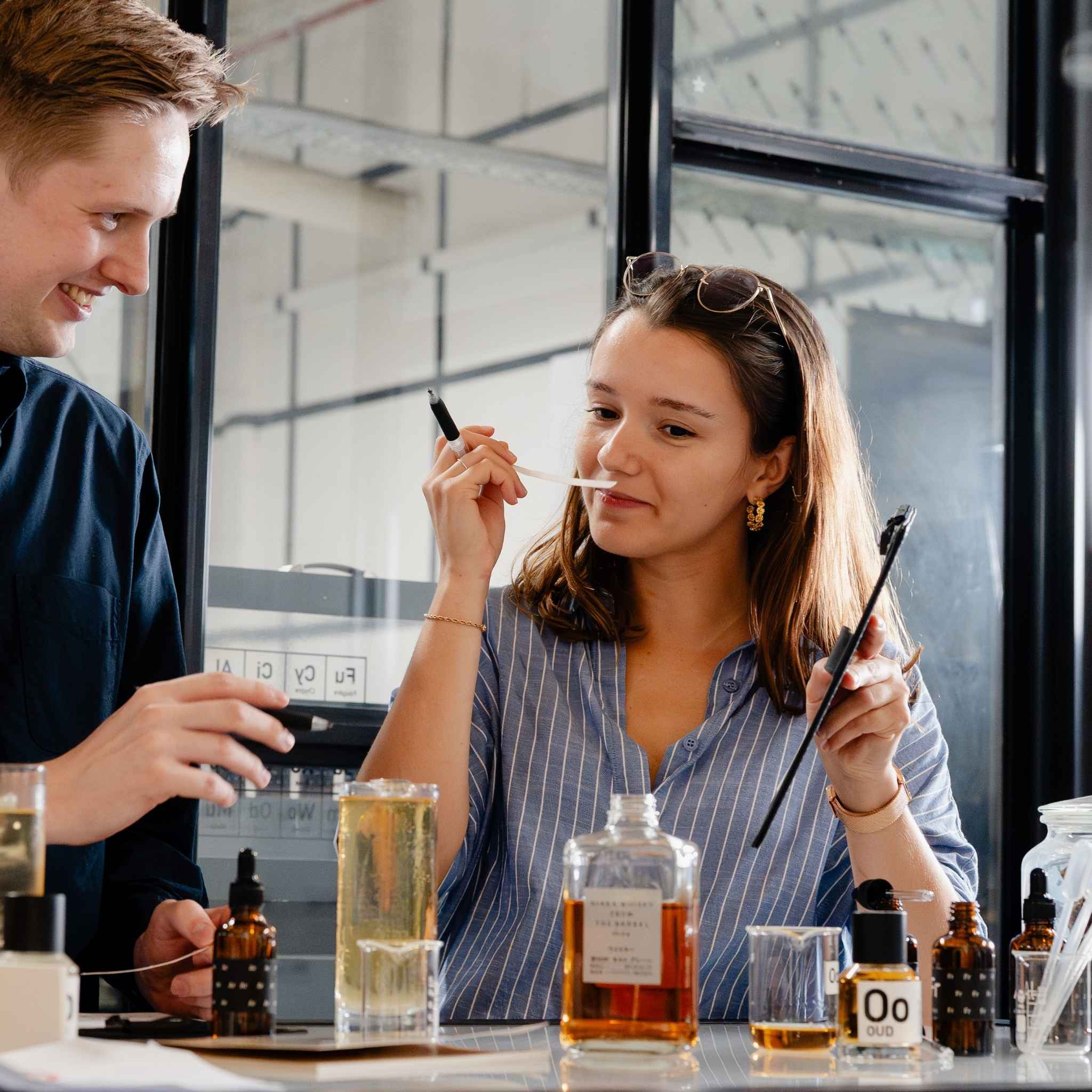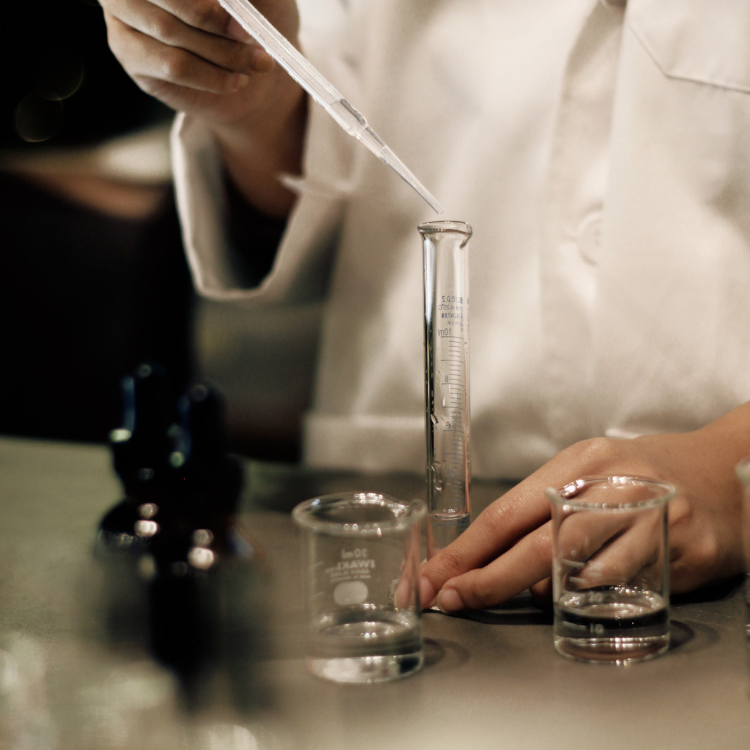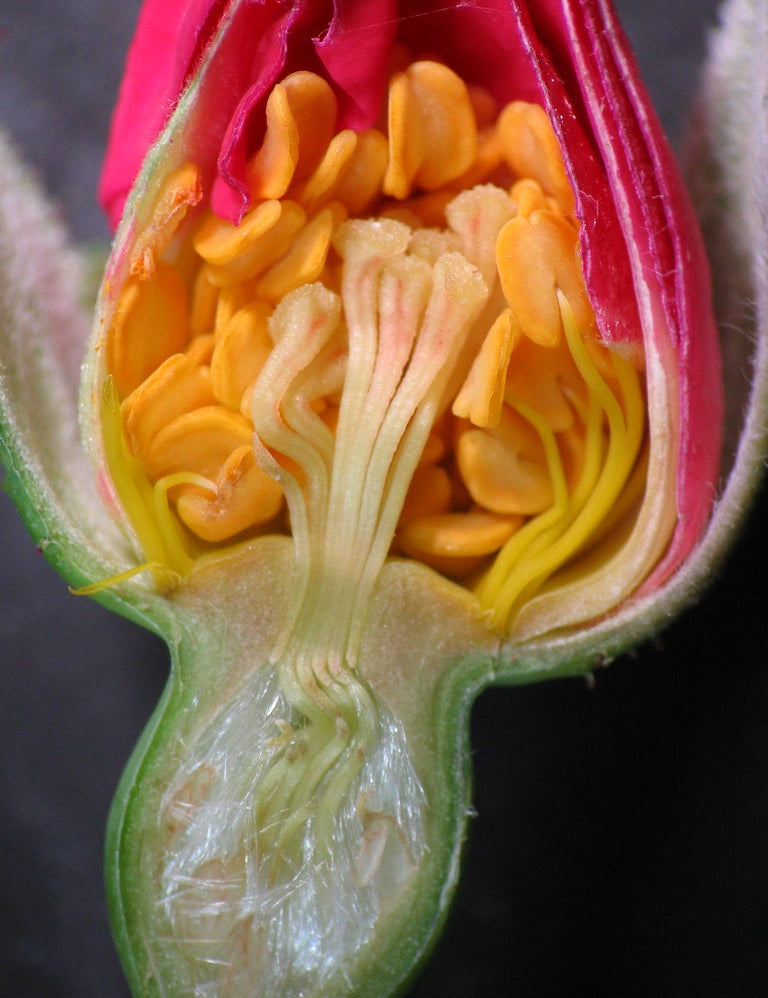Why is Musk often referred to as 'Animalic'

Natural musks are historically fragrances that are derived from animal sources, such as musk deer, beaver, and muskrats, thus giving them an animal-type olfactory character. Here are some examples of animal-derived musks, although these practices are no longer legal
Deer musk: This is the most well-known and highly prized natural musk, and is extracted from the gland of the male musk deer. It has a strong, animalistic scent that is often described as earthy and musky.
Castoreum: This is a musk that is extracted from the glands of beavers and has a sweet, leathery, and slightly medicinal scent. Castoreum is used in perfumery as a base note, and is often used to add depth and complexity to other fragrances.
Civetone: This is a musk that is extracted from the gland of the African civet cat and has a strong, animalistic scent that is often described as musky, earthy, and leathery. Civetone is used in perfumery as a base note, and is often used to add depth and richness to other fragrances.
Ambergris: This is a musk that is produced by sperm whales and is often found floating in the ocean. It has a rich, warm, and slightly sweet scent that is often described as woody, musky, and animalistic. Ambergris is used in perfumery as a base note, and is often used to add depth and warmth to other fragrances.
These animalic musks are highly valued for their unique fragrances, and have been used in perfumery for centuries. However, due to the declining populations of many of the animals from which these musks are derived, as well as concerns about animal welfare, the use of animal-derived musks in perfumery has declined in recent years, many practices declared illegal, thus by and large they have been replaced with synthetic musks.
- Tags: Fragrance Education






